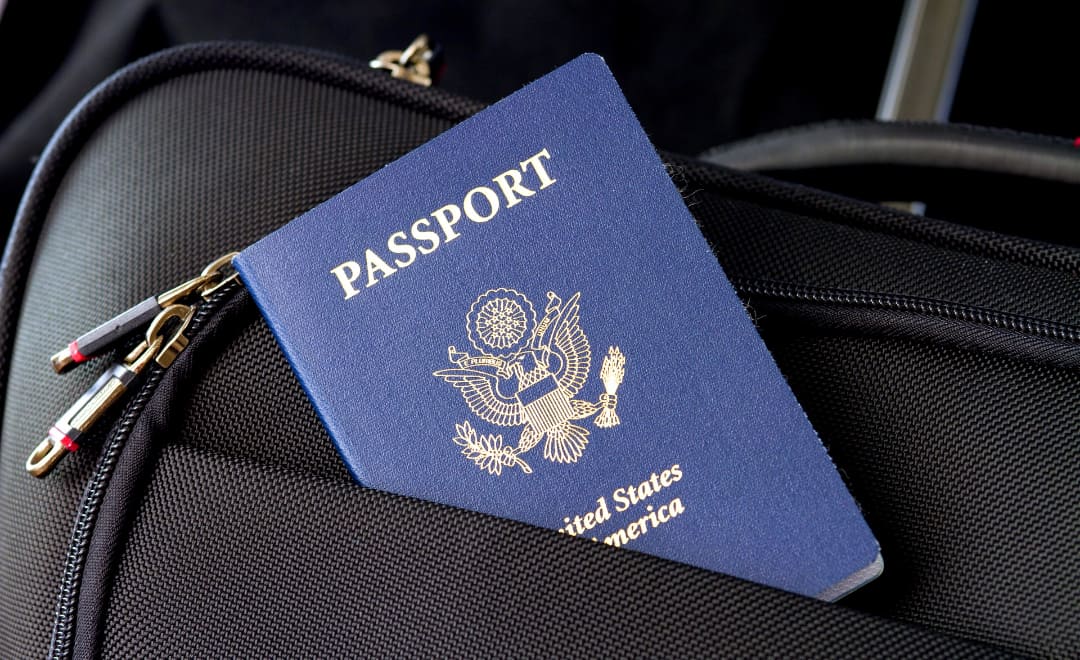The CARES Act created additional miscellaneous business provisions to help employers/companies with cash flow during this time. These include provisions for bonus depreciation, student loans, limitations on losses and business interests, as well as alternative minimum tax (AMT) credits. If you own a business, you will want to reach out to your tax preparer or CPA to confirm if any of the provisions apply to you.
1. Qualified Improvement Property Technical Amendment (Act Sec 2307)
The Act includes a technical correction to the Tax Cut and Jobs Act (“TCJA”) that amends Sec 168 to include qualified improvement property in the MACRS (Modified Accelerated Cost Recovery System) 15-year recovery period category, thus enabling such property to be eligible for bonus depreciation. The amendment is effective as if the language had been included in Sec 13204 of the Tax Cuts and Jobs Act (Public Law 115–97). This will give rise to amending some back returns. It might also be handled via Form 3115 but amending may be the best action to provide fast access to cash, and 2020 will no doubt be a lower income year for most, generally making amendments the course of action.
IMPORTANT: Because this provision retroactively applies to 2018 and 2019 as well as all years going forward, taxpayers that placed qualified improvement property into service in those years can amend those returns to reduce their profits and even create a net operating loss (NOL), which under the CARES Act can be carried back five years. This can be especially helpful to retail, restaurants, bars, etc., which most commonly place qualified improvement property in service and have been hard hit by the COVID-19 restrictions.
2. Employer Payment of Student Loans (Act Sec 2206)
Under current law, an employee may exclude $5,250 from income for an employer-sponsored educational assistance program. The provision would expand the definition of expenses to include employer payments of the employee’s student loan debt.
Effective: For student loan payments made after the enactment date and before Jan. 1, 2021.
3. Limitation on Losses for Taxpayers Other Than Corps (Act Sec. 2304)
This provision retroactively turns off the excess active business loss limitation rule implemented by TCJA (IRC Sec 461(l)) by amending the provision to apply to tax years beginning after Dec. 31, 2020 (rather than Dec. 31, 2017). It also turns off active farming loss rules for tax years beginning after Dec. 31, 2017, and before Dec. 31, 2020.
An active business loss is defined as deductions over income and gain attributable to a trade or business in which the taxpayer actively participates plus $250,000 ($500,000 for joint filers). Note that active business losses in excess of $250,000 ($500,000 for joint filers) were disallowed by the 2017 tax law and treated as NOL carryforwards in the following tax year.
The provision includes technical corrections to the 2017 tax legislation by clarifying that:
- Excess business losses do not include any deduction under IRC Sections 172 or 199A or any deductions related to performing services as an employee
- Because capital losses cannot offset ordinary income under the NOL rules, capital loss deductions are not taken into account in computing the Sec 461(l) limitation, and that the amount of capital gain taken into account in calculating the Sec 461(l) limitation cannot exceed the lesser of capital gain net income from a trade or business or capital gain net income.
IMPORTANT: Because this provision retroactively turns off the loss limitation back to 2018, practitioners should review their files looking at 2018 and already filed 2019 returns where the losses were limited, providing an amendment opportunity.
4. Modification of Limitation on Business Interest (Act Sec. 2306)
A change in the 2017 tax law legislation generally limited the amount of business interest allowed as a deduction to 30% of adjusted taxable income (ATI). A provision in the CARES Act generally allows businesses to elect to increase the interest limitation from 30% of ATI to 50% of ATI for 2019 and 2020 and allows businesses to elect to use 2019 ATI in calculating their 2020 limitation.
A special rule for partnerships allows 50% of any excess business interest allocated to a partner in 2019 to be deductible in 2020 and not subject to the 50% (formerly 30%) ATI limitation. The remaining 50% of excess business interest from 2019 is subject to the ATI limitation. The 2019 ATI limitation remains at 30% of partnership ATI rather than 50% of ATI. The ATI limitation for 2020 is 50% of partnership ATI, and partnerships may elect to use 2019 partnership ATI in calculating their 2020 limitation.
IMPORTANT: Although rare, since this provision retroactively increases the allowable interest for large businesses, practitioners should review their files for already filed 2019 returns where the interest was limited, providing an amendment opportunity.
5. Corp Credit for Prior Year Minimum Tax Liability (Act Sec. 2305)
The 2017 tax legislation repealed the corporate alternative minimum tax (AMT) and allowed corporations to claim outstanding AMT credits, subject to certain limits, for tax years prior to 2021, at which time any remaining AMT credit may be claimed as fully refundable. This CARES Act provision allows corporations to claim 100% of AMT credits in 2019 as fully refundable and provides an election to accelerate claims to 2018, with eligibility for accelerated refunds.
If you have questions about these business provisions and if they may affect your prior years’ tax returns, contact the Experts at Henssler Financial:
- Experts Request Form
- Email: experts@henssler.com
- Phone: 770-429-9166
- Join the Conversation in Our Coronavirus Facebook Group








